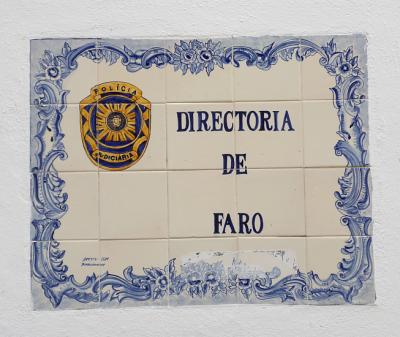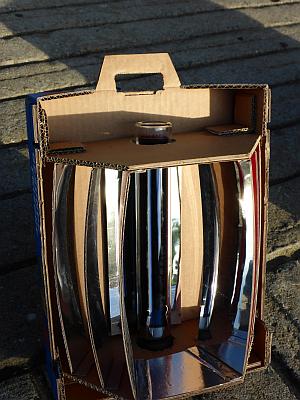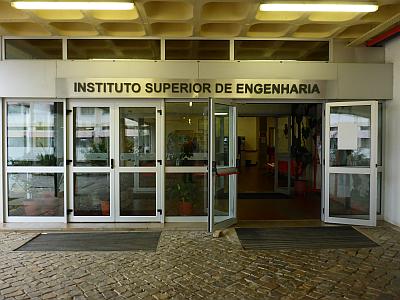 Many people in developing countries still burn wood, charcoal, or even garbage on
open fires for cooking purposes because they do not have access to electricity or gas.
The inefficient burning of wood, charcoal, dung, and plant residues causes health
problems, deforestation and greenhouse gas emissions. The potential of thermal solar
energy for food processing tasks like drying, cooking, and pasteurization is well
understood, but adoption of this technology is not increasing as rapidly as would be
desirable. In the sunny parts of the developed world, few people would recognise a
solar cooker, and most still use only gas and electricity for cooking. The introduction of
solar cookers in sunny areas for cooking, food drying, and water sterilization is our goal.
Many people in developing countries still burn wood, charcoal, or even garbage on
open fires for cooking purposes because they do not have access to electricity or gas.
The inefficient burning of wood, charcoal, dung, and plant residues causes health
problems, deforestation and greenhouse gas emissions. The potential of thermal solar
energy for food processing tasks like drying, cooking, and pasteurization is well
understood, but adoption of this technology is not increasing as rapidly as would be
desirable. In the sunny parts of the developed world, few people would recognise a
solar cooker, and most still use only gas and electricity for cooking. The introduction of
solar cookers in sunny areas for cooking, food drying, and water sterilization is our goal.
CONSOLFOOD 2020 is being planned for 22 nd , 23 rd and 24 th January, 2020 at Instituto Superior de Engenharia, Universidade do Algarve, Campus da Penha, 8005-139 Faro- Portugal. Once again, we will focus on advances in solar cooking, solar food processing, and related topics. As usual, we expect to attract experts from all over the world to present and discuss the latest developments.
The potential of thermal solar energy for cooking is well understood, but adoption of this technology is not increasing as rapidly as would be desirable. Thermal solar energy has great potential for food processing tasks like drying, cooking, and pasteurization.
Advances in solar food processing and solar cooking, as well as many other related subjects, are the main topics of the third International CONSOLFOOD Conference.

The First International Conference for solar thermal cooking and food processing - CONSOLFOOD2016 - was held at the University of Algarve, Institute of Engineering, Faro, Portugal on 22nd and 23rd January 2016. After some get-togethers with specialists from all over the world, it became apparent that the financial, educational and vocational support of grass roots workers is essential when solar food processing techniques are introduced to large populations. Such support enables more rapid dissemination of the technology.

It is expected that the third CONSOLFOOD conference will attract again experts from all over the world to present and discuss topics related to advances in solar food processing and solar cooking.
The organizers encourage potential participants to submit abstracts in the first submission period. The abstract must mention clearly the main topics of the presentation or poster. The abstracts will be assessed by the members of the scientific committee. The organizing committee will inform each author whether their submitted abstract has been accepted. To submit abstracts, authors should send the file to Celestino Ruivo: cruivo@ualg.pt.
A second period for submitting abstracts may be proposed by the organizers, depending on the number of abstracts accepted in the first period.
Please download our First call for abstracts
Advisory and scientific committee:
Jannika Bailey, Argentina - Noelia Quiroga, Argentina - Noelia Crespo Calatayud, Bolivia - Paulo Mário Machado Araújo, Brazil - Pedro Serrano, Chile - Hongfei Zheng, China - Yanjun Dai, China - Jean-Jacques Serra, France - Pierre Aubert, France - Jürgen Kleinwächter, Germany - Alzubair Saiyed, India - Anagha Pathak, India - Chetan Singh Solanki, India - Manoj Soni, India - Daniel Feuermann, Israel - Giovanni di Nicola, Italy - Ivan D. Yaholnitsky, Lesotho - Beatríz Castillo Téllez, Mexico - Eduardo A. Rincón Mejía, Mexico - Margarita Castillo Téllez, Mexico - Ali Hajji, Morocco - Juan José Milón Guzmán, Peru - Miguel Hadzich, Peru - António Eduardo B. Leitão, Portugal - Celestino Ruivo (Chairmann), Portugal - Célia Quintas, Portugal - Cristina Luísa Silva, Portugal - João Nuno P. Miranda Garcia , Portugal - Margarida Moldão, Portugal - Raquel P. F. Guiné, Portugal - Rui Mariano Sousa da Cruz, Portugal - Antonio Carrillo, Spain - Antonio Lecuona Neumann, Spain - Francisco J. Macias Fuentes, Spain - Michael Götz, Switzerland - Stewart MacLachlan, UK - Alan Bigelow, USA - Sharon Clausson, USA - Sanu Kaji Shrestha, Nepal - Diego Coriolano, BrazilAdditional information:
 Department of Mechanical Engineering, Institute of Engineering, University of the Algarve Email addresses: isedem@ualg.pt
/ cruivo@ualg.pt (Chairman) Phone: +351 289800166 / +351 289800100 (ext. 6571) Fax: +351 289888405
Department of Mechanical Engineering, Institute of Engineering, University of the Algarve Email addresses: isedem@ualg.pt
/ cruivo@ualg.pt (Chairman) Phone: +351 289800166 / +351 289800100 (ext. 6571) Fax: +351 289888405
Faro international airport has good connections to other European airports. Regular flights are usually available to and from France, Germany, the Netherlands, Denmark and the UK.
The city of Faro has hotel rooms at reduced rates in January. Please feel free to ask the organizers for a list of suggested hotels with special discounts for conference participants. Hotel accommodation for one or two people can be found from 35 euros.
Campus da Penha is located IN the city of Faro. Please do NOT confuse this campus with Campus de Gambelas, which is located OUTSIDE the city towards the airport.
Campus da Penha is located IN the city of Faro. Please do NOT confuse this campus with Campus de Gambelas, which is located OUTSIDE the city towards the airport.
Organizing committee
Celestino Ruivo, (Chairman),Institute of Engineering, University of Algarve, Portugal
Association for the Development of Industrial Aerodynamics, Portugal
Célia Quintas, Institute of Engineering, University of Algarve, Portugal
Armando Inverno, Institute of Engineering, University of Algarve, Portugal
Ajay Chandak, PRINCE Suman Foundation, India
Dave Oxford, SLiCK Solar Stove, UK
Juan Bello Llorente, Centro Integrado de FP Someso. A Coruña, Spain
Michael Bonke, LAZOLA Initiative for Spreading Solar Cooking, Germany
Alberto Hernandez Neto, University of Sao Paulo, Brazil
Raghav Sharad Deosthale, India
